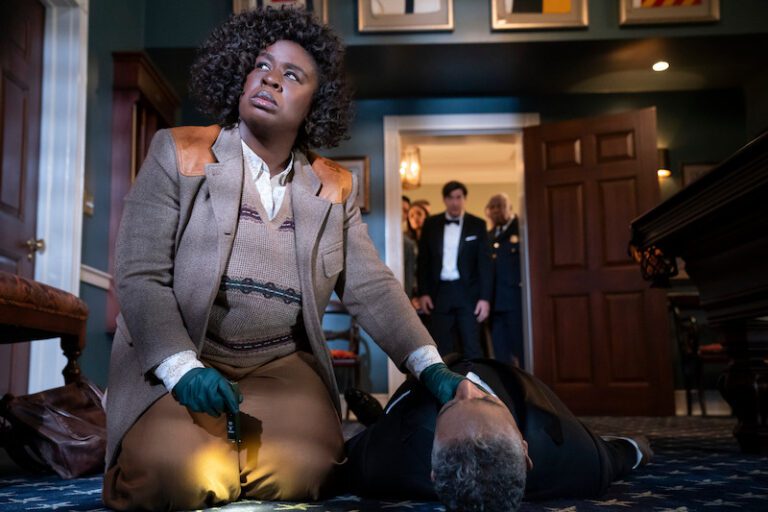Technique is the foundation of your career. All the raw artistic talent in the world can’t save you if the audience can’t understand the story you’re telling. Let’s get back to basics and sharpen a skill every actor needs to master: diction.
Insights: What You Need to Know About Diction
- Regularly practice tongue twisters to sharpen articulation and clarity.
- Focus on perfecting the “S” sound with targeted exercises and tongue twisters.
- Sustain energy through lines and support diction with strong diaphragmatic breathing.
Thinking about joining Casting Networks? Sign up for a free trial today!
What is Diction?
Our friends at Merriam-Webster tell us diction describes vocal expression and enunciation; furthermore a choice of words regarding correctness, clearness or effectiveness. That effectiveness is what we’re chasing. Below are a few tips to help clarify speech.
Mind Your Articulators
Make sure you’re warming up all your tools! “The lips, the teeth, the tip of the tongue” is an old tongue twister that encourages us to do just that. These are your primary articulators, and you want to make sure you’re giving all of them proper attention. Tongue twisters are a great way to do this. I like to make sure I have a range of them in my arsenal, focusing on a variety of sounds to ensure I’m utilizing different muscles.
Remember, the goal is clarity. Your consonants should be sharp, your vowels full and your whole mouth and face should be warm and ready to work. The more you work them, the faster you’ll be able to go, but don’t sacrifice specificity for speed.
Don’t Forget the “S”
The “ess” sound tends to get neglected. It’s easy to go wide. For anyone who wants to sharpen up that sound, my favorite quick warmup is to start with a long “shh” sound, then very slowly get narrower and narrower until it turns into a long “sss.” You should feel it on the very top of your tongue. Then follow up with some “S” heavy tongue twisters.
Count to 10
If you don’t know where to start and want some instant gratification, stick your tongue out. Now count to 10, building each number step by step (“One, one two, one two three” etc.); all working around your outstretched tongue, striving for the clearest, sharpest sounds possible. Once you reach 10, put your tongue away as normal and count straight through, one to 10, focusing on enunciation. You’ll hear and feel the difference right away!
Focus on Consonants
If it’s too late to warm up, try to focus on the consonants. Keeping them crisp and clear will give structure and clarity to your speech. Working on being mindful of consonants in rehearsal will also help you find your weak sounds.
Keeping Your Energy Through the End of the Line
Good diction must be supported with good energy! A common trap for actors is letting the energy and the projection drop at the end of the line. You must power through! Your intention, volume, breath support, articulation, all of it must be fully engaged through every word.
The importance of breath support: Don’t forget, diction can’t do it all. Without proper breath support, your words won’t get far. Projection comes from the diaphragm, rather than pushing from the chest or throat. Making sure you’re healthily supporting your voice will not only keep your story clearer, but it will also make sure you can tell it repeatedly for a very long time.
Have Multiple Warmups on Tap
I recommend having — at the very least — a full vocal warmup routine for when you have the time and an abbreviated one that you can use in a pinch. Be experimental! You’ll find your go-to’s, but make sure to throw in some new warmups every now and then to stay sharp.
Diction is a load-bearing pillar of your acting technique. It cannot be neglected. It requires consistent maintenance. Yet while it may sound tedious, good diction frees the actor. It removes a barrier between the actor and the audience. A proficient wielder of good diction only broadens their opportunities.
You may also like:













